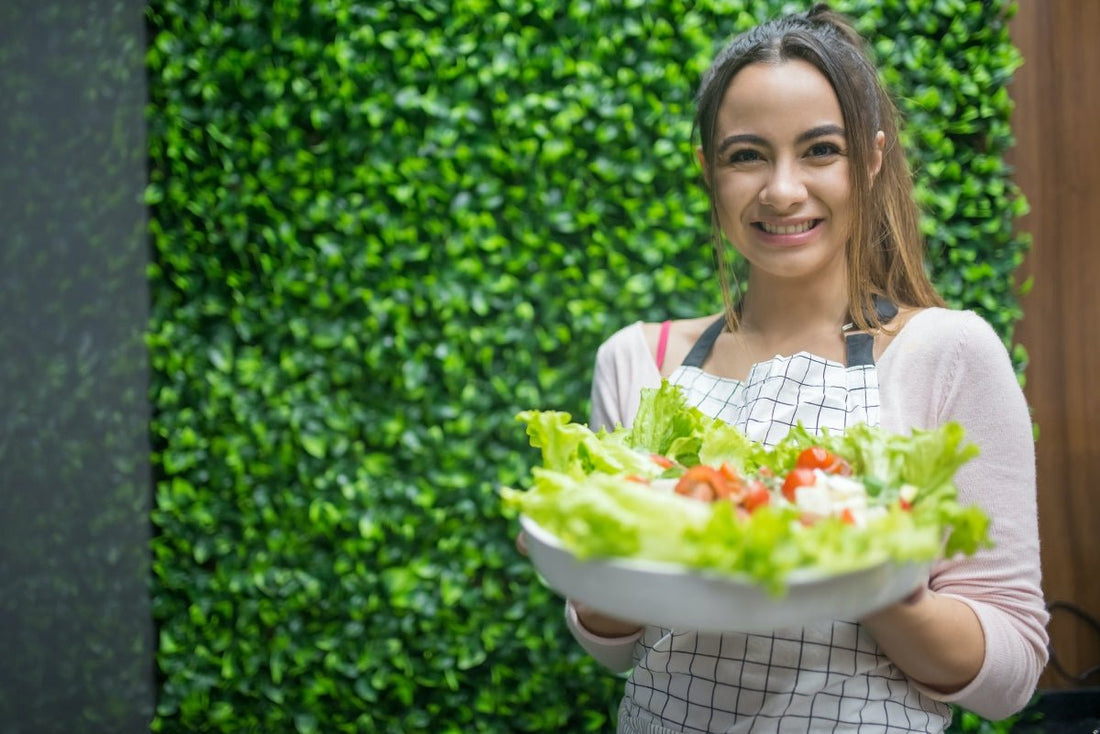
Healthy eating tips for women at every life stage
Share
Women like men should eat a varied healthy diet at every age, and of course, individual needs differ but at different stages in life women should consume different nutrients. As International women’s day approaches, we take a look.
When pregnant:
It is recommended that women consume folate, or the more commonly known synthetic version- folic acid, which is much less effective. Folate reduces the risk of fetal complications, especially those involving the spine and brain, helps create red blood cells.
Folate occurs naturally in foods such as beans, green leafy vegetables, beetroot and citrus fruits. Try our organic Beetroot, Maqui, cocoa juice.
When breastfeeding
Breastfeeding mothers need a significant amount of extra energy to cope with the demands of breastfeeding. This extra energy should come in the form of nutrient-dense foods especially those rich in folate, iodine, zinc and calcium.
Foods such as Black eyes peas, Brussel sprouts, wheatgrass juice, citrus fruits and spinach are all good for this.
During menstruation
Women are at a higher risk of anaemia during menstruation, the average pre-menopausal woman requires 18 mg of iron per day as opposed to 3 mg for men.
Food high in iron include : Spinach, liver, white beans, tomatoes, oysters and dark chocolate
Postmenopause
During menopause, oestrogen levels fall, and women are more susceptible to osteoporosis so require additional calcium intake. Osteoporosis weakens the bones and increases the risk of fractures. To ensure the absorption of calcium magnesium is required so including magnesium-rich foods is very beneficial
Good sources of calcium include leafy green vegetables, fish, grains, tofu and cabbage, and squash.
Good sources of magnesium include Wheatgrass juice, leafy green vegetables, summer squash, broccoli, halibut, cucumber, green beans, celery, and a variety of seeds.
Over 70
Vitamin D is essential to bone health and helps maintain muscle mass. As people age, they naturally begin to lose bone and muscle mass. People over the age of 70 years need more vitamin D than younger people.
Exposure to sunlight provides most of a person’s vitamin D, but vitamin D is also available in, oily fish, egg yolk beef liver and mushrooms.
A great way to increase your nutrient intake is by drinking our superfood juices. Conveniently delivered to your door, in single use sachets - a convenient way to support your health. To order yours visit our shop today.

